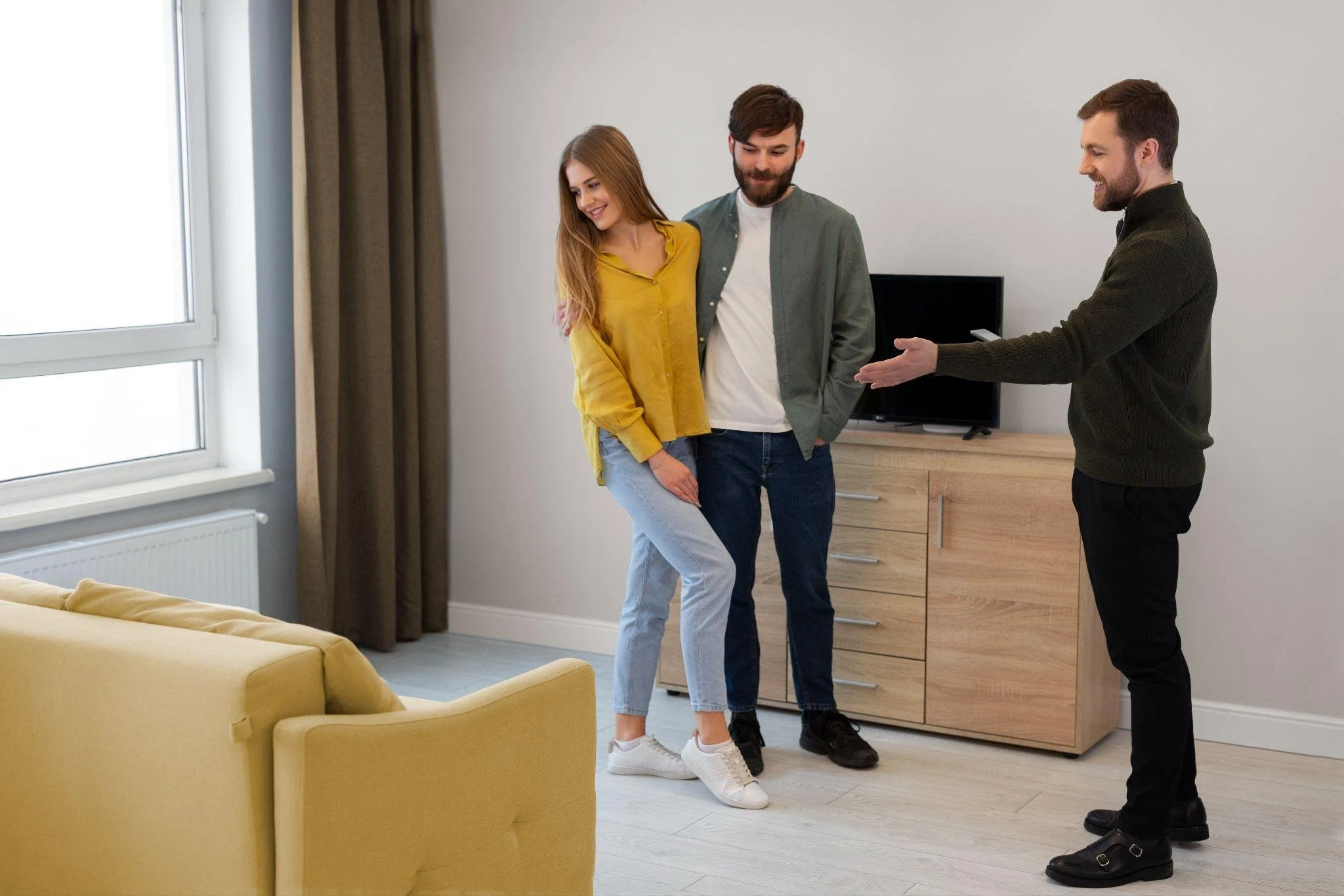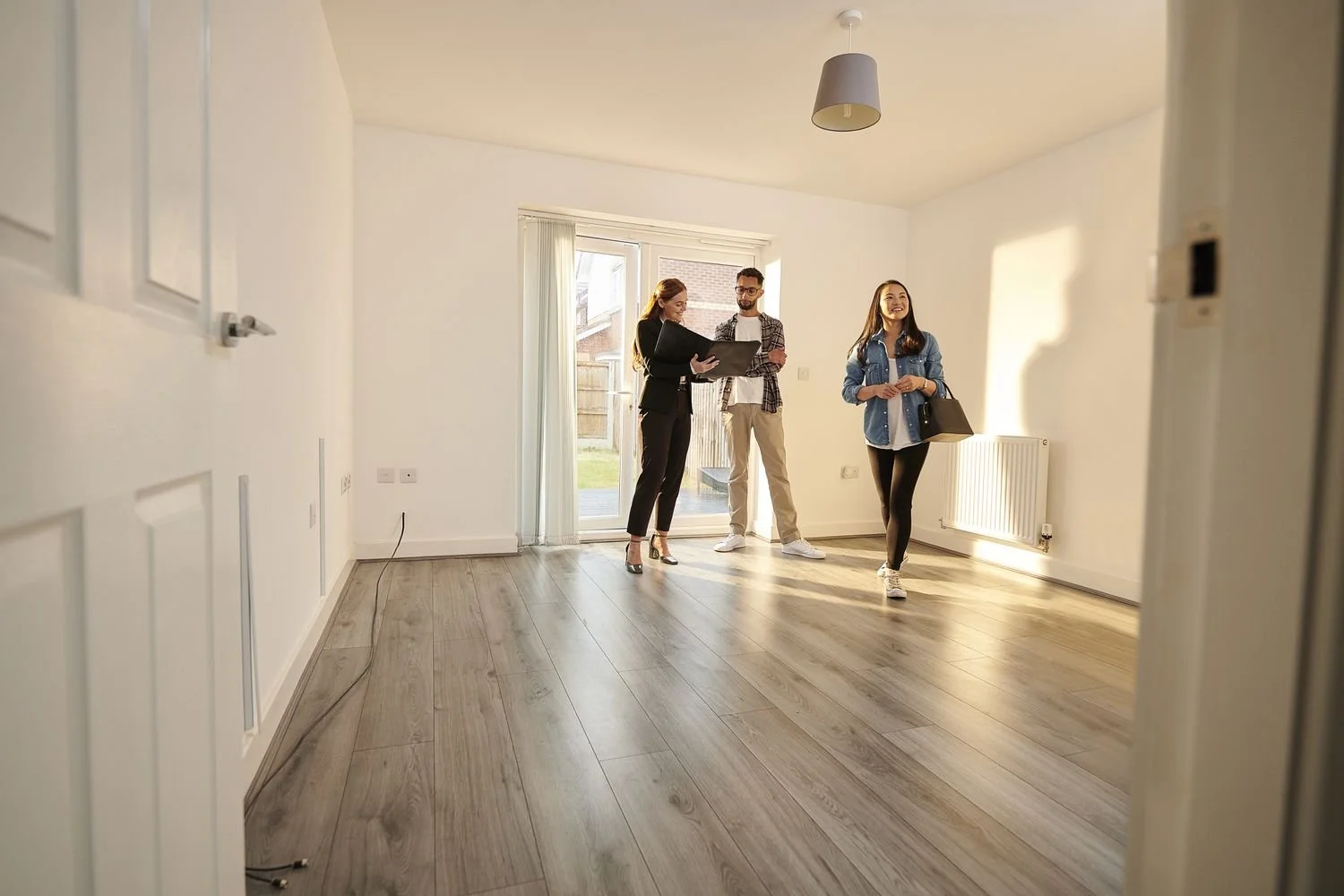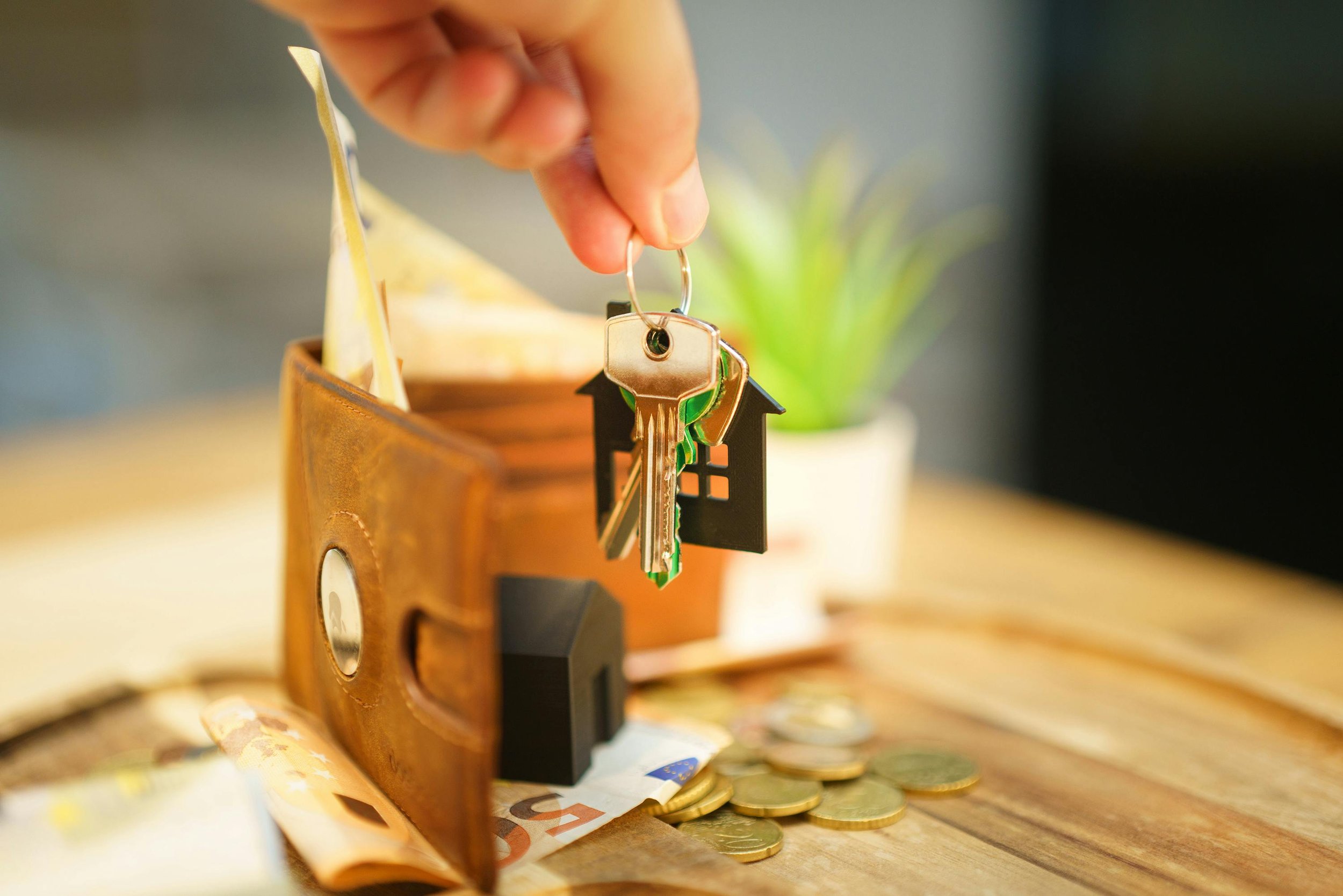What Makes a Rental Truly Livable? A Look at Tenant Rights
Discover what makes a rental truly livable by exploring key tenant rights, housing standards, and how to ensure your home meets comfort and safety needs.
A home should be more than a roof over your head. It should be a place of comfort, safety, and stability — especially for renters who rely on landlords to maintain livable conditions. Yet for many tenants in California, that basic expectation can be disrupted by unaddressed repairs, health hazards, or unsafe environments.
Every renter deserves a home that supports their well-being. When landlords neglect essential maintenance or allow living conditions to deteriorate, tenants are not powerless. With the right guidance and knowledge of the law, renters can protect their rights and their home. That is why connecting with a qualified california tenant lawyer can make a real difference.
The Foundation of a Livable Home
In legal terms, a livable rental unit must meet basic standards of habitability. This includes reliable plumbing, safe electrical systems, working heating, and protection from environmental hazards like mold or pests. Landlords are responsible for keeping these systems in good working order. They must also respond promptly when repairs are needed.
From a tenant’s perspective, livability also means peace of mind. A home should feel secure. The presence of leaking pipes, exposed wiring, or constant pest problems undermines that sense of safety. These issues not only affect the quality of life but can also lead to physical health concerns, especially for children or those with existing conditions.
How Unsafe Housing Impacts Well-Being
Poorly maintained rentals can create environments where basic daily activities become stressful. Cooking in a kitchen with broken appliances, sleeping in a bedroom with no heat, or dealing with repeat mold outbreaks can wear down even the most resilient families. Over time, these stressors add up and affect mental, emotional, and physical health.
Some tenants may feel that complaining about conditions puts them at risk of eviction or rent hikes. Others may not know what their legal rights are or how to start a complaint. In these situations, problems can go unreported and worsen over time.
Steps Renters Can Take
If you're living with issues that make your home feel unsafe or unlivable, the first step is to document the problem. Photos, written repair requests, and emails with your landlord create a clear record. Always communicate in writing so you have a trail of your efforts.
Next, report the problem formally. Most cities have housing departments or health inspectors who can assess the condition of your rental. These departments can issue citations or orders that require landlords to make repairs.
If you do not see progress or if the issue is urgent, reaching out for legal support is often the next best step. This does not mean going to court right away. Many tenant-focused lawyers offer consultations to explain your options.
When Legal Support Becomes Essential
Legal help can be critical when dealing with a landlord who refuses to take action, especially in cases involving health risks or repeated violations. Whether the problem is mold, broken heating systems, or an ongoing pest issue, a lawyer can help you understand your rights and build a case if needed.
A california tenant lawyer can also help protect you from retaliation, such as a sudden notice to vacate after you raise concerns. These protections are especially important for tenants who feel vulnerable or unsure of how to navigate the process alone.
Keeping Homes Safe for Everyone
Creating livable spaces is not only a matter of comfort. It is a public health issue. Unsafe housing affects entire communities, from school attendance and job stability to neighborhood morale. When one tenant stands up for their rights, it often inspires others to do the same.
Landlords who take pride in their properties should welcome accountability. Responsible maintenance is part of providing a decent home. And when that standard is not met, renters deserve to have access to resources and support that can help them restore the safety of their space.
Final Thoughts
A rental home should feel like a safe place to land. For many Californians, it is where families grow, rest, and build their lives. If your living conditions are unsafe, you are not alone — and you do not have to stay silent.
By learning about tenant protections, speaking up when problems arise, and seeking legal support when needed, renters can take an active role in shaping the quality of their home environment. Every home should meet the basic standards of safety and dignity. And when it does not, there are paths forward.
Whether it is filing a complaint, asking for an inspection, or consulting a tenant lawyer, the goal remains the same: a home that is healthy, secure, and truly livable.















